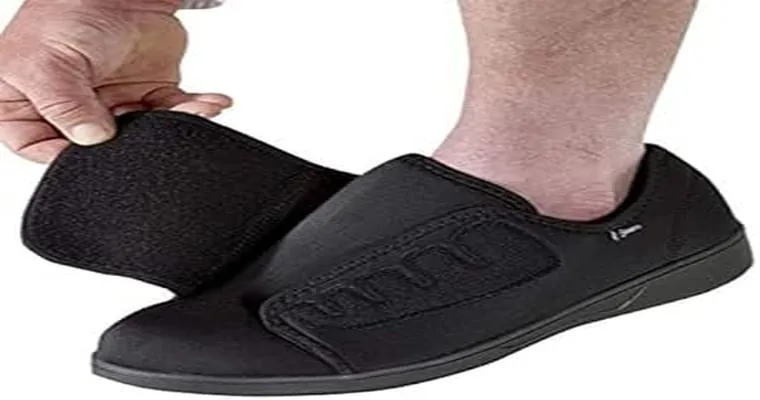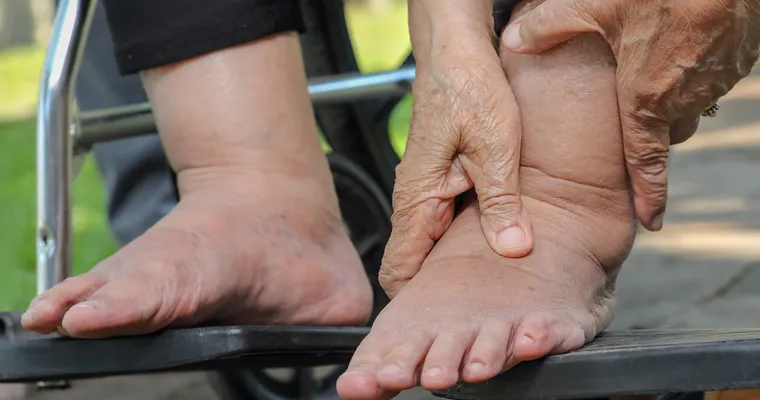As we age, our feet undergo various changes, making it increasingly important to find the right "adaptive footwear" for seniors with "hard-to-fit feet". Factors such as swelling, bunions, and arthritis can complicate the process of selecting shoes that offer both comfort and support. In this article, we will explore the importance of adaptive footwear, the features to look for, and tips for finding the perfect pair of shoes for seniors.
Understanding Adaptive Footwear
Adaptive footwear is specifically designed to accommodate the unique needs of individuals with foot conditions or special requirements. For seniors, this often means finding shoes that provide a "comfortable fit", ample "arch support", and sufficient "cushioning". These shoes can help prevent common foot problems and promote overall mobility, making them an essential part of a senior's daily life.
Key Features of Adaptive Footwear
When searching for adaptive footwear, it is crucial to consider the following features:
1. "Adjustable Straps": Shoes with adjustable straps or closures allow for a customizable fit, accommodating changes in foot size throughout the day due to swelling.
2. "Wider Toe Box": A wider toe box can help prevent discomfort and pressure on bunions or other foot deformities, providing a more relaxed fit.
3. "Cushioned Insoles": Look for shoes with cushioned insoles that provide shock absorption, reducing the impact on the feet and joints.
4. "Non-Slip Soles": Safety is paramount for seniors. Shoes with non-slip soles can help prevent falls, providing better traction on various surfaces.
5. "Lightweight Materials": Lightweight footwear can reduce fatigue and make it easier for seniors to walk, enhancing their overall mobility.
Finding the Right Fit
Finding the right fit is essential when selecting adaptive footwear for seniors. Here are some tips to consider:
"Measure Feet Regularly": Seniors should have their feet measured regularly, as foot size and shape can change over time. This ensures they are purchasing the correct size.
"Try Shoes On in the Afternoon": Feet tend to swell throughout the day, so trying on shoes later in the day can help ensure a proper fit.
"Walk Around": Encourage seniors to walk around in the shoes to assess comfort and support. They should pay attention to any pinching or discomfort.
"Consult a Specialist": If seniors have specific foot conditions, consulting a podiatrist or a specialist in adaptive footwear can provide valuable insights and recommendations.
Where to Buy Adaptive Footwear
There are various places to find adaptive footwear for seniors. Local shoe stores often carry specialized lines, while online retailers provide a wide selection. Look for brands that focus on "comfort" and "functionality", and read customer reviews to gauge the quality of the shoes.
Conclusion
Finding the right adaptive footwear for seniors with hard-to-fit feet is crucial for maintaining their mobility and overall well-being. By understanding the key features to look for and following the tips provided, you can help seniors select shoes that not only fit well but also offer the support and comfort they need. Investing in quality adaptive footwear can lead to improved foot health and a more active lifestyle for seniors.





